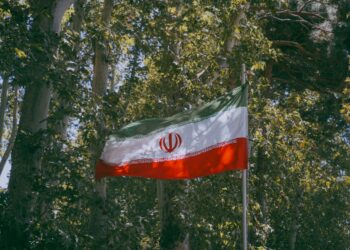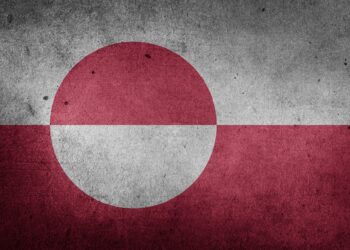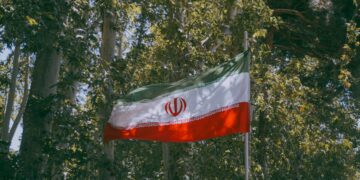Pakistan’s government has formally announced plans to nominate former US President Donald Trump for the 2025 Nobel Peace Prize, citing his alleged mediation in last month’s India-Pakistan ceasefire.
In an official social media statement, Islamabad praised Trump’s “pivotal leadership” during the Kashmir border crisis, claiming his “robust diplomatic engagement” prevented escalation between the nuclear-armed neighbors.
The nomination centers on Trump’s unexpected ceasefire announcement, which Pakistan asserts was brokered through US trade leverage—a claim India vehemently denies, maintaining it rejects all third-party mediation.
The move sparked immediate controversy within Pakistani political circles. Mushahid Hussain, former chair of Pakistan’s Senate Defence Committee, endorsed the nomination, telling Reuters: “Trump is good for Pakistan… If this panders to his ego, so be it.”
Conversely, Maleeha Lodhi, Pakistan’s ex-UN ambassador, condemned the decision as “unfortunate,” citing Trump’s support for Israel’s Gaza operations and calling it a blow to national dignity. The debate mirrors Trump’s own mixed foreign policy legacy—while he frequently boasts of negotiation skills, his administration failed to deliver promised Russia-Ukraine or Israel-Palestine peace deals.

Nobel Committee Faces Politicized Nomination Amid Trump’s History with Prize
The nomination reignites Trump’s longstanding Nobel fixation. The former president has repeatedly mocked Barack Obama’s 2009 win and even demanded its revocation in 2013. Just days before Pakistan’s announcement, Trump lamented on Truth Social:
“No, I won’t get a Nobel Peace Prize no matter what I do.” Analysts note the Norwegian Nobel Committee now faces a diplomatically charged decision, as India’s denial of US mediation undermines Pakistan’s central claim. With the 2025 laureate announcement set for October, the move appears timed to influence US election dynamics, where Trump is the Republican presumptive nominee.
Why It Matters
Opinions vary but some have suggested that Islamabad’s nomination serves dual purposes: currying favor with a potential future US administration while countering India’s narrative of bilateral conflict resolution. The Kashmir ceasefire—which followed four days of cross-border strikes—remains contested, with Trump asserting he threatened trade restrictions to force de-escalation. Pakistan’s endorsement of this version differs noticeably from New Delhi’s insistence that no external parties were involved.
As Nobel nominations require validation by select officials (not national governments), the proposal’s viability remains uncertain, but its symbolic impact on US-Pakistan-India relations is already evident.

















